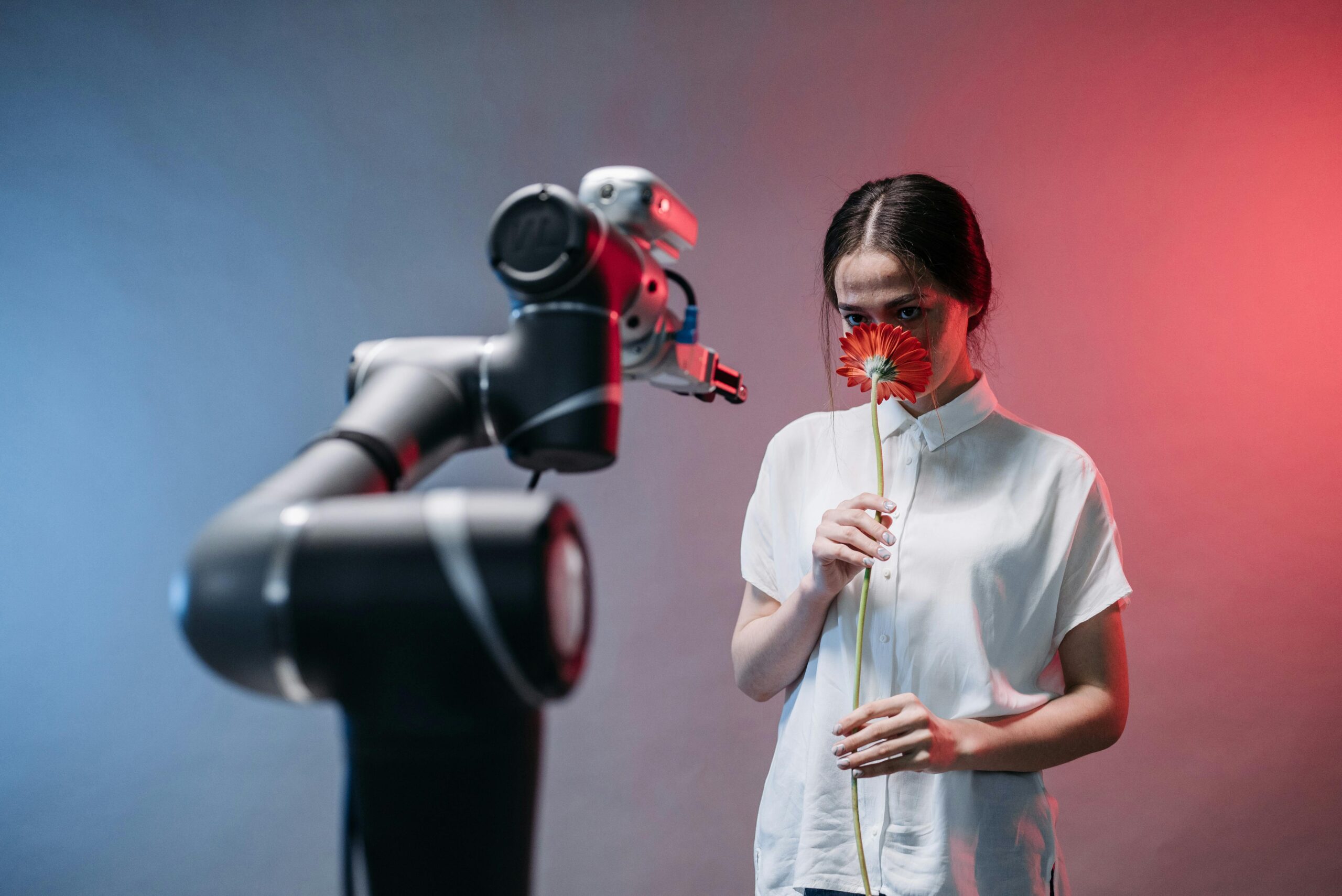The relentless march of technological advancement has brought us to a pivotal moment. Artificial intelligence is rapidly becoming interwoven into the fabric of our daily lives, subtly transforming how we interact with the digital world. From the productivity apps we rely on to the social media platforms we use to connect, AI-driven features are popping up everywhere. However, this rapid integration isn’t met with universal acclaim. A growing number of users and commentators are voicing concerns, skepticism, and even outright resistance. While businesses are racing to leverage AI for efficiency and innovation, a chorus of voices warns that this relentless pursuit of automation risks eroding the very qualities that make us human: connection, authenticity, and individual expression. This article explores this rising tide of pushback, delving into the reasons behind the discomfort and advocating for a more balanced approach to technology.
The Growing Discomfort: A Re-evaluation of Our Relationship with AI
The excitement surrounding AI is undeniable. Promises of increased efficiency, personalized experiences, and groundbreaking discoveries are driving its adoption across various sectors. However, beneath the surface of this technological optimism lies a growing unease. As reported in The Washington Post, many widely-used services are rolling out AI-driven features at an unprecedented pace. This influx of automation isn’t universally welcomed.
Customer Pushback Against AI Overload
Stories are emerging from users who feel overwhelmed by the constant changes. Many find the AI-generated suggestions impersonal and frustrating, a stark contrast to the tailored experiences they once valued. Beyond the inconvenience, concerns about privacy and data usage are also prominent. There’s a growing sense that companies are prioritizing AI innovation over user preferences, a perception that has led to a demand for greater transparency, readily available opt-out options, and, in some cases, even a pause on further AI integration. Some users are even taking drastic measures, canceling subscriptions or switching products to avoid unwanted AI features. This behavior highlights a growing demand for more control and choice in the digital landscape, signifying a potential shift in how consumers perceive and interact with technology.
The Irreplaceable Value of the Human Touch
While AI undoubtedly offers compelling advantages in various domains, the overwhelming consensus is that it cannot replace the uniquely human qualities that are vital for connection and understanding. As highlighted by Troy Media, the human touch remains essential in fields such as healthcare, education, and customer service. These aren’t simply transactional interactions; they involve trust, empathy, and nuanced judgment – qualities that algorithms struggle to replicate.
Empowering People, Not Replacing Them
The argument isn’s about rejecting AI altogether. Rather, it advocates for a more thoughtful approach. AI should be viewed as a tool to empower people, not to replace them. Imagine a healthcare professional using AI to analyze data and identify potential risks, but ultimately relying on their own experience and intuition to make informed decisions. This collaborative model – a synergy between human capabilities and AI assistance – presents a more promising future than one where machines dictate every action.
The ideal scenario involves AI handling repetitive tasks, freeing up human professionals to focus on what they do best: connecting, creating, and caring. This shift in focus can lead to a more fulfilling and meaningful work experience, while simultaneously improving the quality of services provided.
The Soul of Social Media: An “Arms Race” with Unintended Consequences
The rapid proliferation of AI is also transforming social media, and not always for the better. As reported by The Drum, the rush to add AI features to social platforms has ignited an “arms race,” potentially draining the soul from these once-vibrant online communities. Automated content moderation, AI-generated posts, and algorithm-driven feeds risk creating a generic, transactional, and impersonal online environment.
Authenticity vs. Automation: Preserving Genuine Connection
The concern is that if platforms become dominated by bots and automated content, users will disengage, seeking out smaller, more authentic communities where genuine human interaction thrives. The core function of social media is to facilitate connection and foster creativity. If that foundation is eroded by a wave of automation, the entire purpose of these platforms is undermined.
The solution, as The Drum suggests, lies in placing people – not algorithms – at the heart of the social experience. Fostering genuine connection and encouraging authentic creativity are essential to preserving the soul of social media. This requires a conscious effort to prioritize human interaction and to minimize the influence of automated content.
Protecting the Human Spirit: A Call for Deliberate Preservation
The AI boom isn’t just about efficiency and convenience; it’s about the future of the human spirit. As highlighted in Lagniappe Daily, the relentless focus on efficiency, automation, and data-driven optimization can inadvertently lead to a society that undervalues human intuition, play, and individuality. This isn’t a dystopian prediction, but a cautionary note about the potential consequences of prioritizing data and algorithms over what truly makes us human.
Reclaiming Meaning, Purpose, and Joy
If we allow AI to dictate too much of our lives, we risk losing the sense of meaning, purpose, and joy that comes from human endeavor and connection. The pursuit of optimization, while admirable in many contexts, shouldn’t come at the expense of our innate creativity and emotional well-being.
Lagniappe Daily calls for a deliberate effort to protect and nurture the qualities that make us human, even as we embrace technological progress. This includes prioritizing activities that foster creativity, encouraging playfulness, and valuing the unique perspectives that each individual brings to the table. It’s about remembering that technology should serve humanity, not the other way around.
Conclusion: Finding Balance in a Technological Age
The rapid integration of AI into everyday services and platforms is undeniably transformative. While the potential benefits are significant, the backlash from users and thought leaders highlights a critical concern: the potential loss of human connection, authenticity, and spirit. The consensus across these perspectives is clear: while AI offers powerful tools for progress, it must be balanced with a steadfast commitment to human values.
The future of technology shouldn’t be one where AI replaces or diminishes the best of what it means to be human. Instead, it should be a future where AI supports and enhances those qualities, empowering us to connect, create, and care in ways we never thought possible. Finding that balance – harnessing the power of AI while safeguarding our humanity – is the defining challenge of our time.







Leave a Reply
You must be logged in to post a comment.